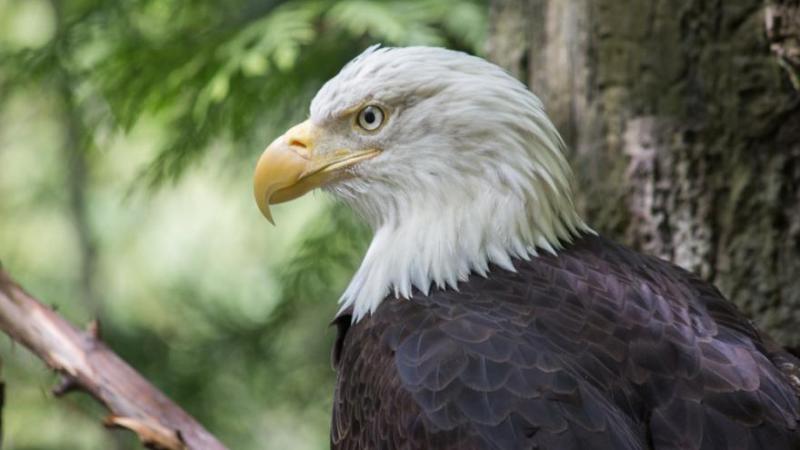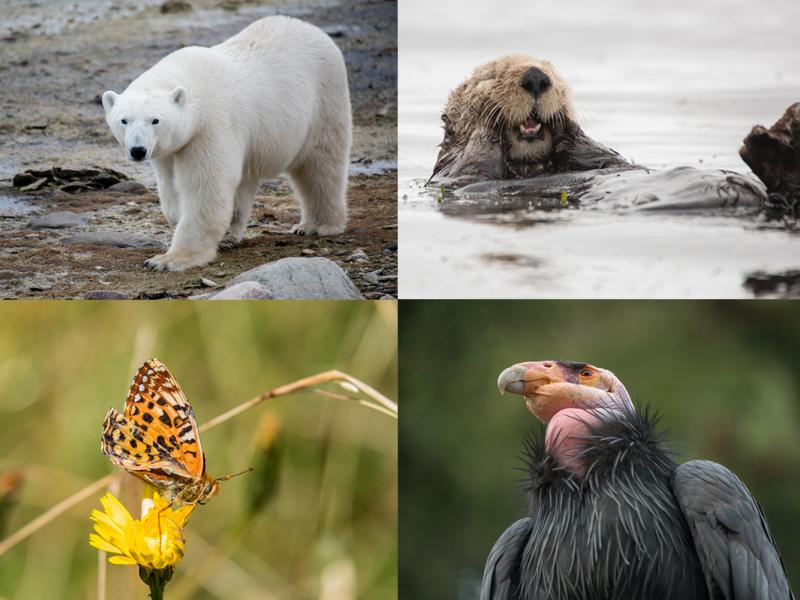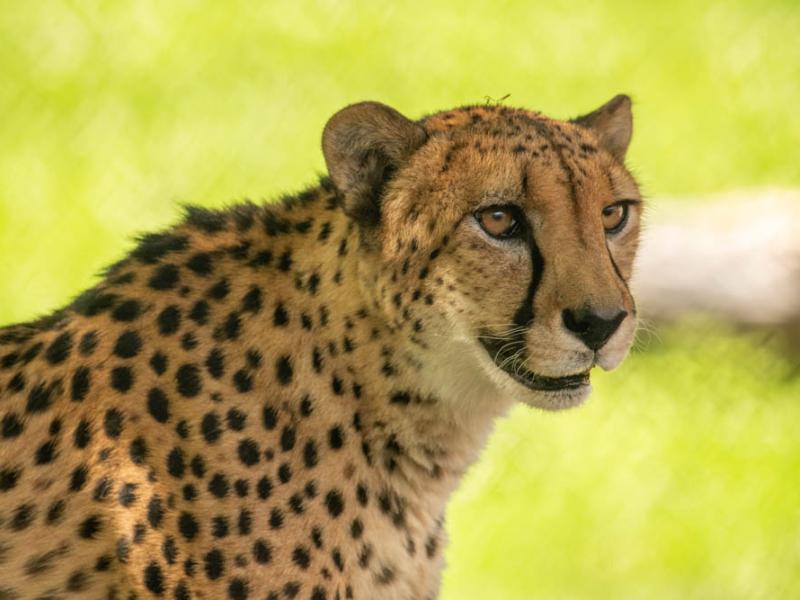Director's statement on Endangered Species Act rule changes

Science must continue to guide the protection of imperiled wildlife
This week, federal agencies published rule changes that will cripple the Endangered Species Act, our nation’s most effective tool in the fight against extinction. These changes will require that economic factors now be considered in addition to scientific data when deciding whether to protect a species under the Act. Furthermore, any new species listed as “threatened” – the category before “endangered” – will no longer receive protection without additional federal action.
These rule changes represent an attack on both America’s wildlife and our collective values. Data shows that 90 percent of voters from across the political spectrum support the Endangered Species Act, the law that saved the California condor, bald eagle and southern sea otter. Our leaders need to make wildlife management decisions that will benefit our nation as a whole, not just special interests.
No species' fate should be determined by profit motives. Now more than ever, we need to stand together in protecting what belongs to all of us. Healthy habitats, wildlife, clean air and water benefit everyone. They support our safety, wellbeing and economy. But they can easily be taken away to profit the few.
The Oregon Zoo believes in responsible stewardship of our natural resources for the benefit of present and future generations. That means actively protecting the wildlife, habitats and ecosystems we all depend on, and eliminating risks such as these dangerous rule changes.
We urge Congress to reverse these new rules and keep our science-based, community-supported Endangered Species Act intact.
Dr. Don Moore
Director, Oregon Zoo
More News

Take action: Protect wildlife by protecting their homes
Speak up to protect wildlife. Submit a public comment urging the government to keep the Endangered Species Act strong — including protections for habitat.May 8, 2025

Zoo mourns Strike, one of oldest male cheetahs around
At 15, Strike was considered geriatric for his species and was the second-oldest male cheetah living in an AZA-accredited zoo.May 8, 2025

Zoo says goodbye to Tilly, beloved otter mom
At 16, Tilly was considered geriatric for her species.April 30, 2025

